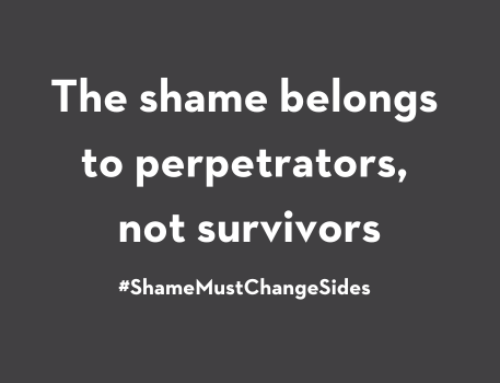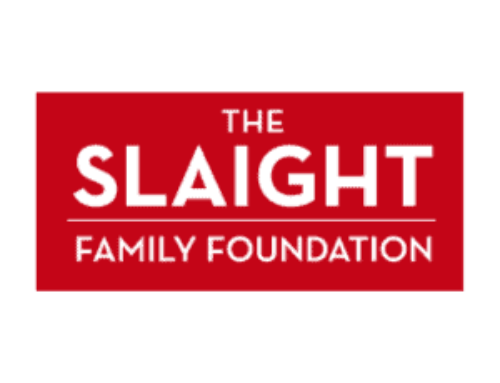
Located on Salt Spring Island, British Columbia, SWOVA is excited to have received a three-year grant from Status of Women Canada for a pilot project entitled, Consent and Sexual Assault Prevention and Response in Rural Communities. The project will address institutional barriers that prevent women and men from speaking about sexual assault because of the stigma and shame currently associated with it and will assess the gaps in service and support for victims of sexual assault. Ultimately, we plan to raise awareness about sexual violence, identify gaps in service and create systemic change that will help survivors in BC’s Southern Gulf Islands. In the new year, SWOVA will also be piloting a healthy masculinity program for boys and young men which will include fostering safe and healthy masculinity, leadership and mentoring.
This work will build and expand on three of SWOVA’s established programs that work with teen and pre-adolescent girls:
1) our Respectful Relationships (R+R) program,
2) our Peace Kids program, and
3) our Pass It On (PIO) program.
Our Respectful Relationships program is underway with a keen group of high school students joining the Youth Team and undergoing training in social justice, self-awareness and group facilitation. The R+R program provides teens with skills and awareness to have healthy and respectful relationships, including developing social-emotional competence; encouraging critical thinking and responsibility in relation to issues of interpersonal respect and social equality; awareness of systemic violence and how sexism, racism and homophobia intersect; and preventing relationship violence in all its forms (physical, verbal, emotional and sexual) both in the school culture and in students’ daily life experience. Skills such as setting boundaries, ways to deal with stress and anger, empathy, active listening and assertive communication, are also taught.
The program will be delivered in our school district to our Outer Island communities this fall and in the middle school during January and February. A review of the high school programs will take place this fall, gathering information to see how the program intersects with new BC Ministry of Education guidelines for education at the grades 9 and 10 level. We plan to deliver R+R workshops in the high school in second semester. SWOVA will also train20 facilitators in the Rocky Mountain School District #6 to deliver the Aboriginal R+R program to their students.
SWOVA’s Peace Kids program is back in elementary and middle school classrooms in SD#64 in grades 4, 5, and 6. The Peace Kids program explores affirmation, gratitude, empathy, cooperation, critical inquiry and conflict resolution. These foundational human qualities are the basis for personal health, safety and well-being. When we support children to respect differences and embrace diversity, we contribute to a world in which racism, sexism and homophobia are thwarted by the power of peace, compassion and understanding. The program focuses on building peace through social and emotional learning.
SWOVA’s Pass It On girls program is underway with a larger group of girls and young women participating than ever before. The PIO program was developed to assist pre-adolescent and adolescent girls in understanding and managing some of the many that confront them at their age and stage of development challenges (such as body image, depression, pressure to be sexual before they are ready), using a skill development and mentoring model. The program recruits young women in grades 10 to 12 from the local high school who learn the skills with which to mentor “buddies” in grade 8 (their last year of middle school) with whom they are matched. The young women serve as role models for the girls, share what they have learned from their adolescence and are able to help alleviate fears of moving up to high school. The older girls learn leadership skills, responsibility, and the benefits of ‘giving back’, and the younger girls learn that there is support for them in making healthy choices as they navigate through this important time in their lives.
An essential part of the program involves a second ring of mentoring, which involves not only the adult program facilitator—mentor to all the participants – but also a selection of women from the community who share their varied life experience with the young mentors and their buddies.
The PIO program provides experiences and relationships that foster reflection and resilience, leadership and mentoring capacities in the girls. The key goals for the program are to increase the capacity of rural young women and girls for leadership, self-esteem, staying safe and accessing community supports.
All of the programs offered at SWOVA support our goal of empowering youth for a better tomorrow. Children and youth learn skills that will support them throughout their lives to form healthy, safe and fulfilling relationships. In addition, the social and emotional intelligence that they gain will serve them in the complex work world of the future. SWOVA’s new consent project provides a necessary foundation and structure for youth to safely develop and flourish. This investment in prevention of violence and abuse through healthy relationship skill development will pay off in a multitude of ways through reduction in police services, courts, mental and social health supports, hospital stays and work productivity. It is the way forward for a safe, productive and healthier Canadian society.
Learn More
- Day 8: It’s Giving Tuesday – Join Us in Building GEN1!
- Introducing 2015's Michele Landsberg Community Award Winner: The "I Don't Owe You" Campaign
- Online abuse – It’s closer than you think
- How to help your teen recognize unhealthy online relationships
Take Action
- Join GEN1. Become a monthly donor and help us build the first generation free of violence against women.
- Sign up for our e-newsletter to have our latest stories and resources sent to your inbox.
- Follow us on Facebook and Twitter to join a national conversation on gender equality.







